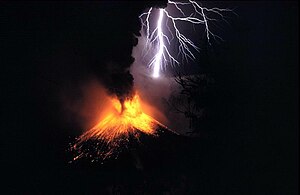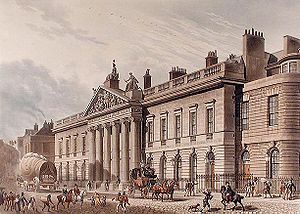 last post I've been round the world in a week (a crazy thing to do) mainly spent in the dark and snow of the northern hemisphere. Then my partner has been here and on successive weekends been horse riding in the South Island and motorbiking around the Coromandel. On Christmas day she discovered wedges in Kopu... Plus I've been working all over Christmas and New Year which unlike previous years has been busy - nine new patients just on Christmas Eve. So lots of time for cultural consumption which has included:
last post I've been round the world in a week (a crazy thing to do) mainly spent in the dark and snow of the northern hemisphere. Then my partner has been here and on successive weekends been horse riding in the South Island and motorbiking around the Coromandel. On Christmas day she discovered wedges in Kopu... Plus I've been working all over Christmas and New Year which unlike previous years has been busy - nine new patients just on Christmas Eve. So lots of time for cultural consumption which has included:The Amazing Adventures of Kavalier and Clay by Michael Chabon - took me about a quarter of the book to get into this novel but after that enjoyed it. Clearly well researched book on escape and the need for superheroes.
Gone, Baby, Gone by Dennis Lehane - the detective novel gets more literary with Boston as an extra character in the continuation of his series with Patrick Kenzie (main protagonist) and Angela Gennaro ("impact" character) as the main characters. Great aircraft reading
Prayers for Rain by Dennis Lehane - great "backwards" plot where the reason for the crime/events of the novel are not revealed until the end.
Darkness, Take my hand by Dennis Lehane - I think his best book and I found it genuinely scary with complex but just about believable plot and villains.
Red Gold: A novel by Alan Furst - good description of the shabbiness of espionage in France during world war II but like his other books feels like a collection of separate scenes loosely (and sometimes confusingly) linked together.

Also reading the latest Granta which contains work by the best writers in Spanish (as defined by Granta). Granta went through a bit of a dull patch a few years ago but I think this current collection is fabulous. One notable feature is that nearly all use the first person point of view when writing their short stories.

And now a plug for Kindles - just a caveat here I got a Kindle not knowing if I'd like it but thinking it may be useful for travelling. So a bit of an experiment. Now I'm completely sold - it saves me from having to carry a barrow load of books with me when I'm travelling; I can download books anywhere there's a 3G wireless connection (so far it has worked in Europe, North America and Australasia); books are cheaper than the paper versions (including thousands of free books many of them classics); and most surprising of all I find it much easier to read a Kindle with much less tiredness. The only two downsides is the inability to share books with friends (although there is a way of doing this if you trust them - see here for example) and that some books are not available.
Lastly a list of lists Ten rules for writing fiction - a collection of handy hints (no really) which starts with Elmore Leonard and includes Margaret Atwood plus Jonathan Franzen amongst others.









